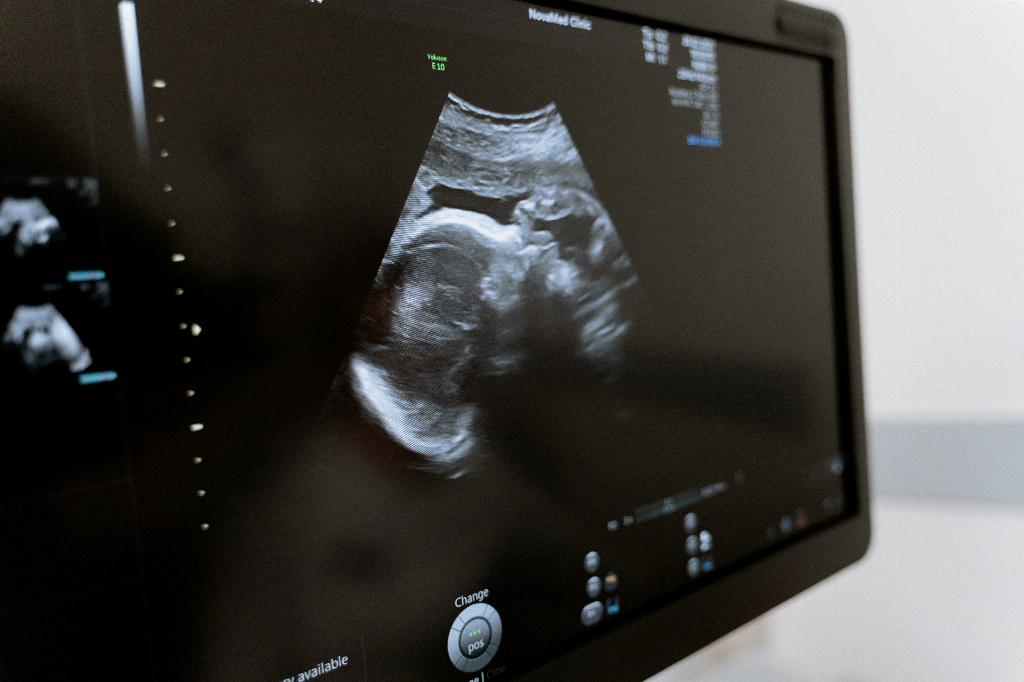It is common to have questions about dietary choices during pregnancy, especially when it comes to consuming certain foods like asparagus. Many expectant mothers wonder about the optimal amount of asparagus they can safely include in their diet without any potential risks to their health or the health of their baby. Let’s delve into the details and explore the considerations surrounding asparagus consumption during pregnancy.
Asparagus is a nutrient-rich vegetable that can be a valuable addition to a pregnant woman’s diet. It is packed with essential vitamins and minerals, including folate, which plays a crucial role in preventing neural tube defects in the developing fetus. Additionally, asparagus contains fiber, antioxidants, and various other nutrients that can contribute to overall maternal health during pregnancy.
While there is no fixed limit on how much asparagus a pregnant woman can eat, it is essential to consume it in moderation. Like with any food, excessive consumption of asparagus may lead to minor side effects such as digestive discomfort, gas, or bloating. However, these effects are typically harmless and should not cause concern unless persistent or severe.
For pregnant women looking to incorporate asparagus into their diet, a balanced approach is key. Aim to include a variety of other fruits, vegetables, proteins, and whole grains to ensure a well-rounded and diverse intake of nutrients. Asparagus can be a flavorful and nutritious component of a healthy pregnancy diet when consumed in appropriate portions.
Consulting with a healthcare provider or a registered dietitian is advisable for personalized dietary recommendations during pregnancy, including guidance on the consumption of specific foods like asparagus. These professionals can offer tailored advice based on individual health considerations, dietary preferences, and any existing medical conditions.
It’s important to remember that every woman’s nutritional needs during pregnancy can vary, and there is no one-size-fits-all answer to how much asparagus a pregnant woman can eat. Factors such as age, pre-existing health conditions, dietary restrictions, and overall dietary patterns can all influence the amount of asparagus that is suitable for each individual.
When including asparagus in your pregnancy diet, opt for fresh, high-quality produce whenever possible. Avoid consuming asparagus that appears wilted, discolored, or has a strong odor, as these may indicate spoilage. Properly washing and cooking asparagus before consumption can help reduce the risk of foodborne illnesses.
Steaming, roasting, or grilling asparagus are popular cooking methods that can help retain its nutrients and flavors. Experimenting with different seasonings and spices can enhance the taste of asparagus dishes, making them a delicious and nutritious option for expectant mothers looking to diversify their meals.
While asparagus can be a healthy choice for pregnant women, it’s crucial to listen to your body and pay attention to how you feel after consuming this vegetable. If you experience any unusual symptoms or discomfort after eating asparagus, consider reducing your intake or discussing your concerns with a healthcare professional.
In conclusion, pregnant women can enjoy asparagus as part of a well-balanced diet during pregnancy. While there is no strict limit on the amount of asparagus that can be consumed, moderation is key to avoid potential minor side effects. By incorporating asparagus mindfully and in conjunction with a variety of other nutritious foods, expectant mothers can benefit from its valuable nutrients and contribute to a healthy pregnancy.

